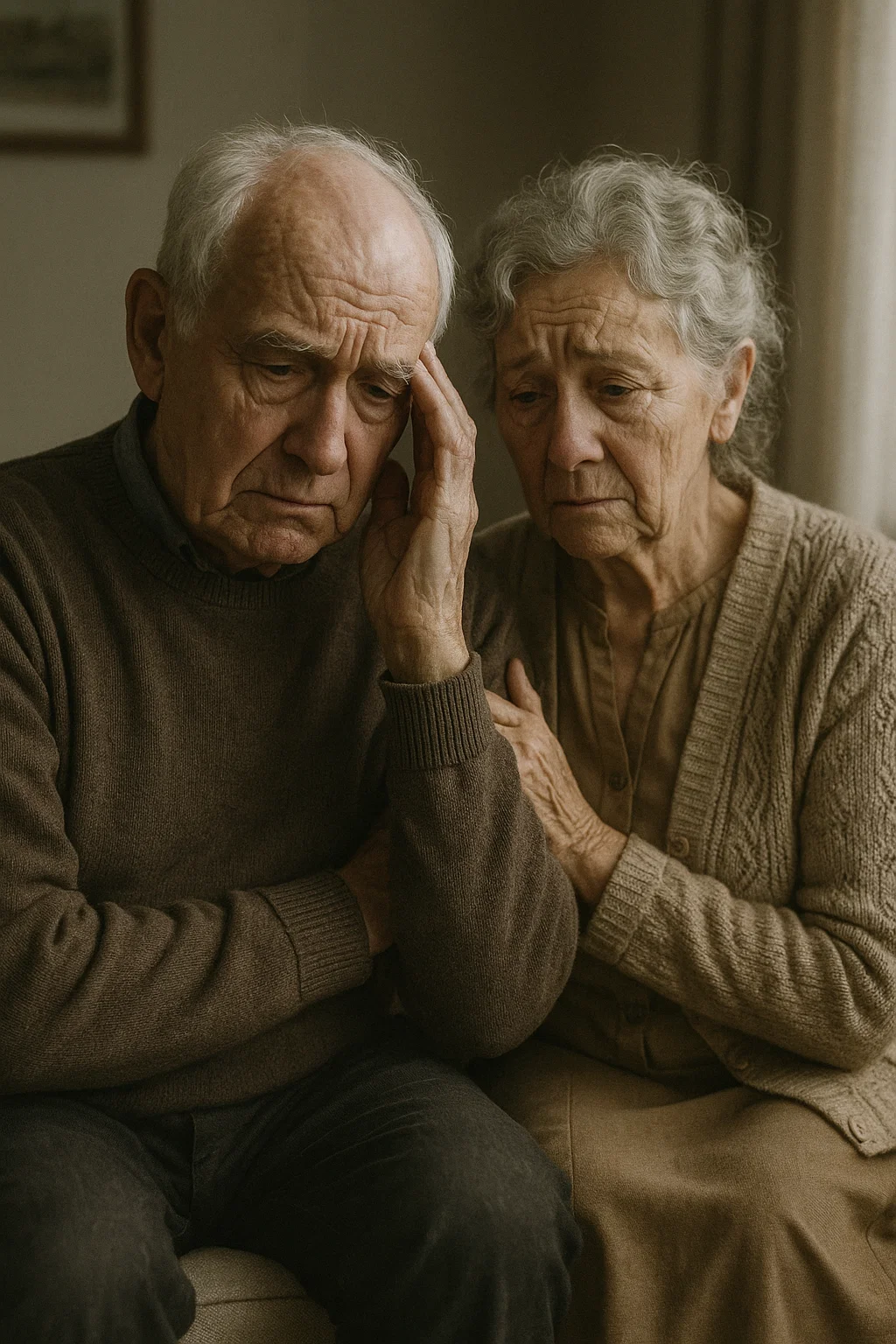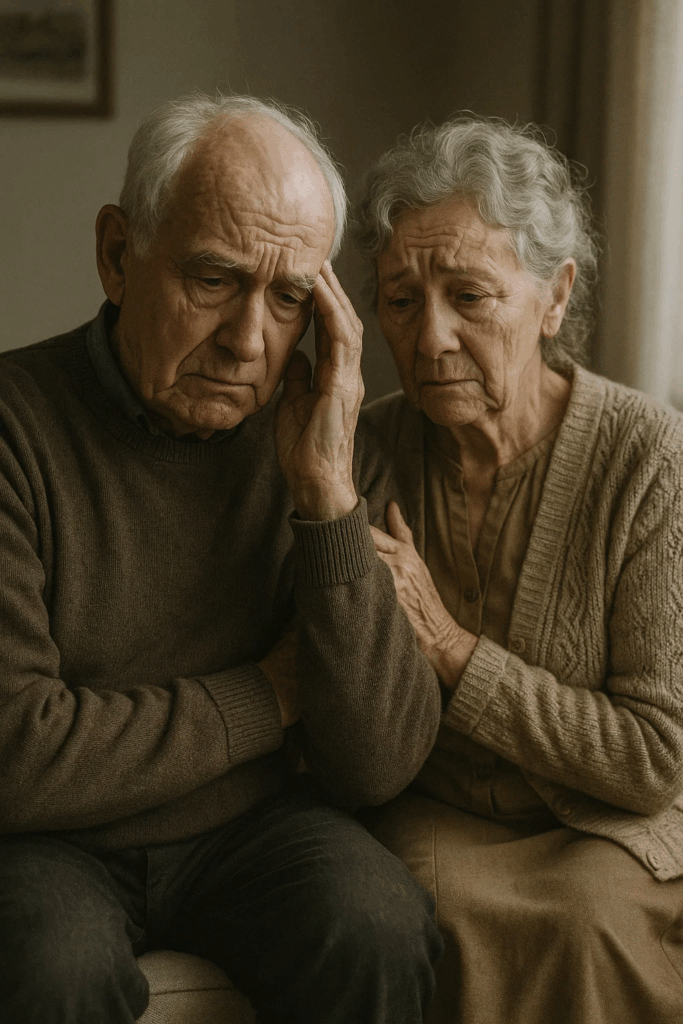My Partner and I Chose Less So Our Children Could Have More—And In the End, We Were Left Alone
My husband, Jason, and I built our lives around our children.
Every choice, every compromise, was made with them in mind.
We wore threadbare sweaters so they could wear new coats.
We skipped meals, postponed our dreams, and worked double shifts just so they could chase theirs.
All we ever truly wanted was to see them happy, thriving, and loved.

But now, as time weighs heavy on our bones and our hearts grow tired, we sit in a house echoing with silence.
No laughter, no footsteps, no calls.
Jason has passed, and I remain—surrounded not by family, but by fading memories and stillness.
I stopped locking the door.
Not out of expectation.
But because I no longer had the energy to hope.
Hope for someone to visit.
Hope to feel remembered.
Hope to not be invisible.
Then one day, something unusual happened.
A knock.
I opened the door to find a young woman—early twenties, curly hair, uncertainty in her eyes.
She looked disoriented.
“Sorry, wrong apartment,” she said.
But something about her hesitation made me pause.
“Would you like a cup of tea?” I asked.
Her name was Mina.
She was tired, searching—for connection, for quiet.
Just like I was.
She began stopping by now and then.
We’d sip tea together, nibble on banana bread, and trade stories.
I told her about Jason—how he once climbed onto the roof during a storm to fix a leak and came down drenched but laughing.
How he used to pick wildflowers and leave them in a jar on the kitchen counter.
Mina became the small light I looked forward to.
She knocked on my door on my birthday—the one my children had forgotten.
She brought a tiny cake, with one glowing candle.
That night, I cried.
Not because of the cake.
But because someone remembered me.
Later that week, a message arrived from Emily—our youngest.
“Hope you’re doing okay.”
Five words.
No phone call. No visit.
No warmth. Just distance.
But strangely, it didn’t hurt.
Not this time.
Because I finally understood something:
I didn’t need to keep waiting.
I didn’t need to sit in a chair by the window, holding on to hope that might never return.
I began to live again.
Little by little.
I walked around the block each morning.
Planted a basil sprout on the windowsill.
Took a ceramics class and made a lopsided cup that made me laugh.
Mina would come for dinner occasionally.
Not always.
And that was okay.
Even brief company was a balm for the soul.
Then, unexpectedly, I received an envelope in the mail.
Inside, an old photo of Jason and me on a beach—smiling, eyes full of light.
Tucked behind it, a note: “I’m so sorry.”
No name. No explanation.
Perhaps from one of the children.
Perhaps not.
I placed the photo on the mantel, touched it softly, and whispered, “I forgive you.”
Because somewhere along the way, I realized: being needed is not the same as being loved.
For years, we were needed.
We gave endlessly.
But true love doesn’t come from obligation—it arrives when someone chooses to show up without being asked.
So if you feel forgotten, don’t close your heart.
Keep the door open—not for those who walked away, but for the ones who might still wander in.
Love has a way of showing up unannounced—curly-haired, a little lost, holding a cup of tea.


